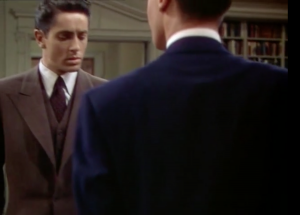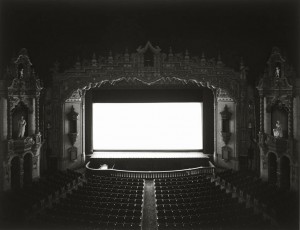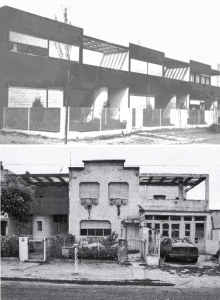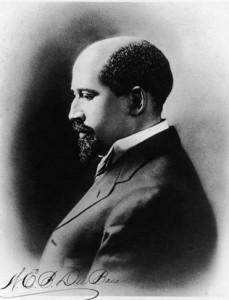
The Reality Contract: Rope, Birdman, and the Economy of the Single-Shot Film
Perhaps not surprisingly, the history of Hollywood production mirrors the history of venture capital in the United States, as each new film presents an idiosyncratic set of risk factors, and each new production or distribution technology distorts return forecasts for a new generation of film speculators.











